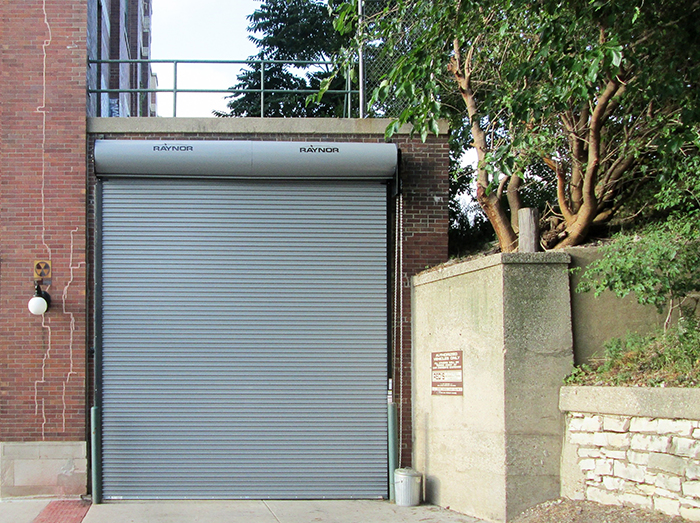When you are a new business owner, you may not think much about your commercial garage door. However, a few months into running your business, you might start to realize how the garage door affects other critical aspects of your business, like safety standards, workplace operations, and curb appeal. Discover six considerations to ensure you get the right garage door.
1. Garage Door Usage
Before choosing your commercial garage door, consider your business demands and door usage. If you intend to open the garage door regularly during the day, consider a door that isn’t heavy and cumbersome. And if you’ll only open the door occasionally, you can opt for a heavier and more rigid model.
Additionally, consider whether you will need a door that opens fast. For example, a hospital using the garage door as an exit point for ambulances will need a high cycle door, as speed will be critical in saving lives. Also, with more usage comes maintenance needs; thus, if you intend to use your garage door often, go for a durable model that can withstand constant usage.
2. Security Requirements
Security is usually a major concern for any business. Considering you might use the garage to store some of your business inventory and equipment, the garage door should offer the same level of security as every other door on your property.
Generally, many business owners opt for steel doors due to their toughness. You can customize your garage door to include other modern security features, such as automatic deadlocks, locks (indoors and outdoors), coded keypads, and preprogrammed mechanisms.
Securing your garage door is a wise decision, as it not only protects what you have worked hard for but also your employees from criminals who may want to enter and cause chaos.
3. Insulation
If your workspace is climate-controlled to keep employees and customers comfortable indoors, consider insulating your garage door to avoid energy loss. This also applies if your business deals with items that extreme outdoor temperatures can affect.
Besides, insulation is essential for saving energy. It keeps the outdoor heat and cold outside while maintaining the indoor heat and air conditioning, so you don’t have to rely as much on your HVAC system to control temperatures
4. Noise Blocking
The noise-blocking ability of a garage door depends on various factors, including the materials and the level of sealing. Work with a garage door expert to determine the right type of door, depending on how much noise your business can tolerate.
Generally, if you want a quiet work environment, but your business is close to a noisy highway, choose a garage door that can seal out the noises outside. And if your business generates a lot of noise, and you don’t want to disturb your neighbors, go for a door that will seal the loud noises inside. Also, consider how much noise you can tolerate from your garage door.
5. Garage Door Size
Unlike residential garage doors, a commercial door won’t be just for one or two family members. Depending on the size of your business, the door may be an entry point for many employees or multiple vehicles.
For this reason, your garage door should factor in traffic movements and the demands of your commercial building. Luckily, commercial garage doors come in a wide range of sizes and configurations, including standard one-vehicle doors, two-vehicle doors, and large commercial doors. Whatever your needs are, something is available for you.
6. Garage Door Design
As much as you likely want your commercial garage door to be strong and durable, you might also want it to look good. When customers approach your property, they should be pleased by what they see, so think carefully about your new door’s shape, color, style, and material.
If you need help choosing the right commercial garage door or installing one, reach out to our expert technicians at Raynor Door Company. With years of experience working on garage doors, we provide exemplary services.


